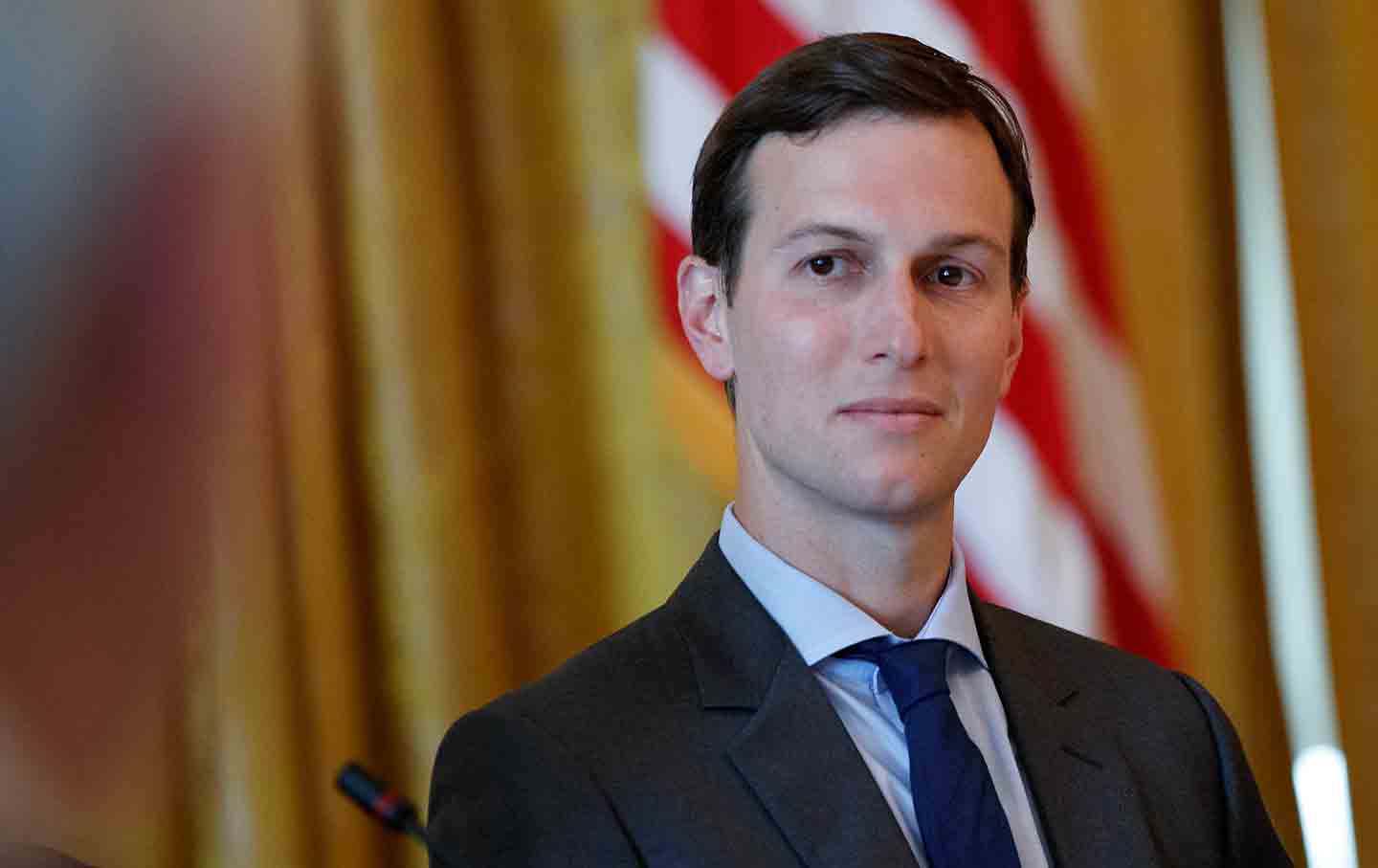 “Wallowing in Watergate” is a phrase that Nixon used after two months of brutal Senate Watergate hearings in July, 1973—the “what did he know and when did he know it” part of Watergate. With his typical faux-piety, Nixon said, “Let others wallow in Watergate, we are going to do our job.” That’s the sort of thing we’ve heard other presidents say when they’re under attack for scandal, including the current one.
“Wallowing in Watergate” is a phrase that Nixon used after two months of brutal Senate Watergate hearings in July, 1973—the “what did he know and when did he know it” part of Watergate. With his typical faux-piety, Nixon said, “Let others wallow in Watergate, we are going to do our job.” That’s the sort of thing we’ve heard other presidents say when they’re under attack for scandal, including the current one.
… continued at TheNation.com, HERE
Journalism
What Power Does Trump Have to Stop the Russia Investigation? David Cole Q&A
 David Cole, Legal Director of the ACLU and legal correspondent for The Nation, discusses the ways Trump could fire Special Prosecutor Robert Mueller. All the ways, he argues, would be acts of desperation based on what the Russia investigations would uncover.
David Cole, Legal Director of the ACLU and legal correspondent for The Nation, discusses the ways Trump could fire Special Prosecutor Robert Mueller. All the ways, he argues, would be acts of desperation based on what the Russia investigations would uncover.
Read HERE
Al Franken: Is Jeff Sessions a Lying Little Weasel?
Questions for Al Franken, and answers, about Trump voters, Bernie voters, and Russians. Our Q&A for “Start Making Sense,” The Nation’s weekly podcast, edited and condensed for print. His new book is Al Franken: Giant of the Senate.
(His answer to the question, “Is Jeff Sessions a Lying Little Weasel?”: “That’s not how I would characterize the attorney general of the United States.”
Read HERE
Amy Wilentz: Does Jared Kushner Know Anything About the Countries He’s Supposed to Be Doing Diplomacy With?
Jared Kushner, the most trusted man in the Trump White House, has been on page one of the Los Angeles Times recently. One story was headlined, “Nations feel cut off from the Trump White House.” What was that about?
Amy Wilentz: Trump has a problem, especially at the State Department: He has not made appointments or filled ambassadorships throughout the world. So foreign ministries don’t know how to communicate. They’re used to dealing with the desk and the ambassador from the United States, who know about their area or their specific country, and that doesn’t exist right now. So they’re calling Jared. It’s kind of frightening, because he doesn’t really know anything about these places.
… continued HERE
The British Ruling Class is in Full Panic Mode: Paul Mason
 Paul Mason of The Guardian comments on the triumph of Jeremy Corbyn and Labour in a Q&A on the recent general election in the UK, and points to lessons for the left in the US.
Paul Mason of The Guardian comments on the triumph of Jeremy Corbyn and Labour in a Q&A on the recent general election in the UK, and points to lessons for the left in the US.
… continued HERE
Norman Lear: From Archie Bunker to Donald Trump
The creator of seventies TV classic All in the Family reflects on how 2016 was about Americans’ rejecting decades of ethically devoid leadership. And he takes up the question, could there be an Archie Bunker on TV in the Age of Trump?
… continued HERE
Rick Perlstein: Trump Has Exposed the Dark Underbelly of American Conservatism
How historians missed the angry, violent, racist side of the conservative movement: A Q&A with the author of “Nixonland” and “The Invisible Bridge.”
at TheNation.com, HERE.
Laura Poitras on Julian Assange: ‘Admirable, Brilliant, and Flawed’
: In Citizenfour, you quote from your production diaries, “I thought I could ignore the contradictions. I was wrong. They are becoming the story.” How did you decide to do it that way?
Laura Poitras: I wanted to present a narrative that had complexity and contradictions, and tell the audience about some of the contradictions I was feeling when I was filming: What’s the story about? What am I filming? What’s going on?
continued HERE
Margaret Atwood: The Shocking Relevance of ‘The Handmaid’s Tale’
Jon Wiener: The Handmaid’s Tale is the first work of feminist dystopian fiction ever featured in a Super Bowl ad—congratulations!
Margaret Atwood: I think it’s the first work of fiction period that was ever featured in a Super Bowl ad.
… Continued HERE
Frances Fitzgerald: Why Did White Evangelicals Vote For Our Immoral President? TheNation.com
Jon Wiener: Some basic facts: How many people in the United States today call themselves Evangelical?
Frances Fitzgerald: I think it’s about 20 percent.
JW: And how many of the white evangelicals voted for Trump?
FF: 81 percent.
JW: Trump does not go to church. Do evangelicals care about that?
. . . continued at TheNation.com, HERE

 Q.
Q. 

 JW
JW
